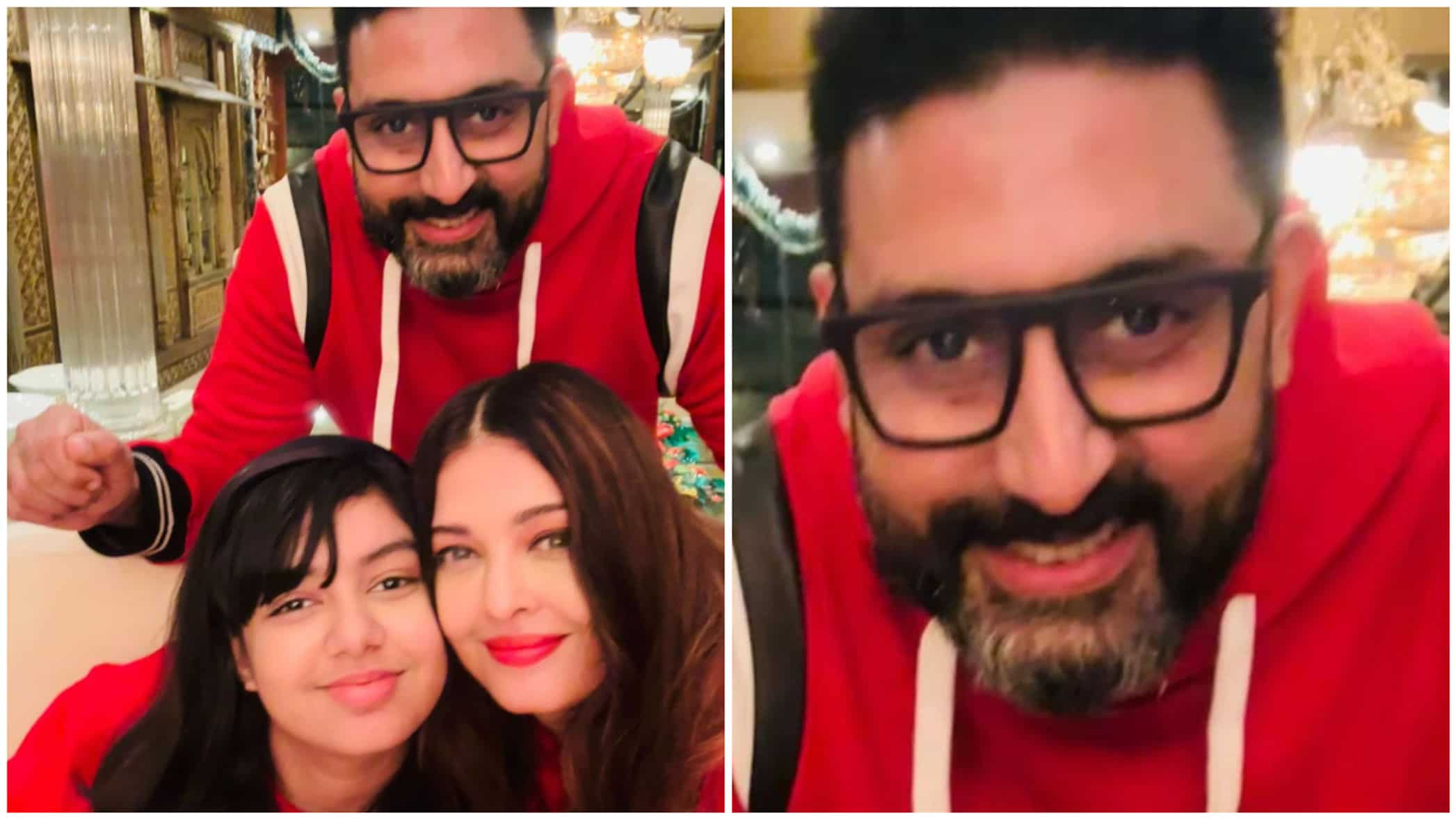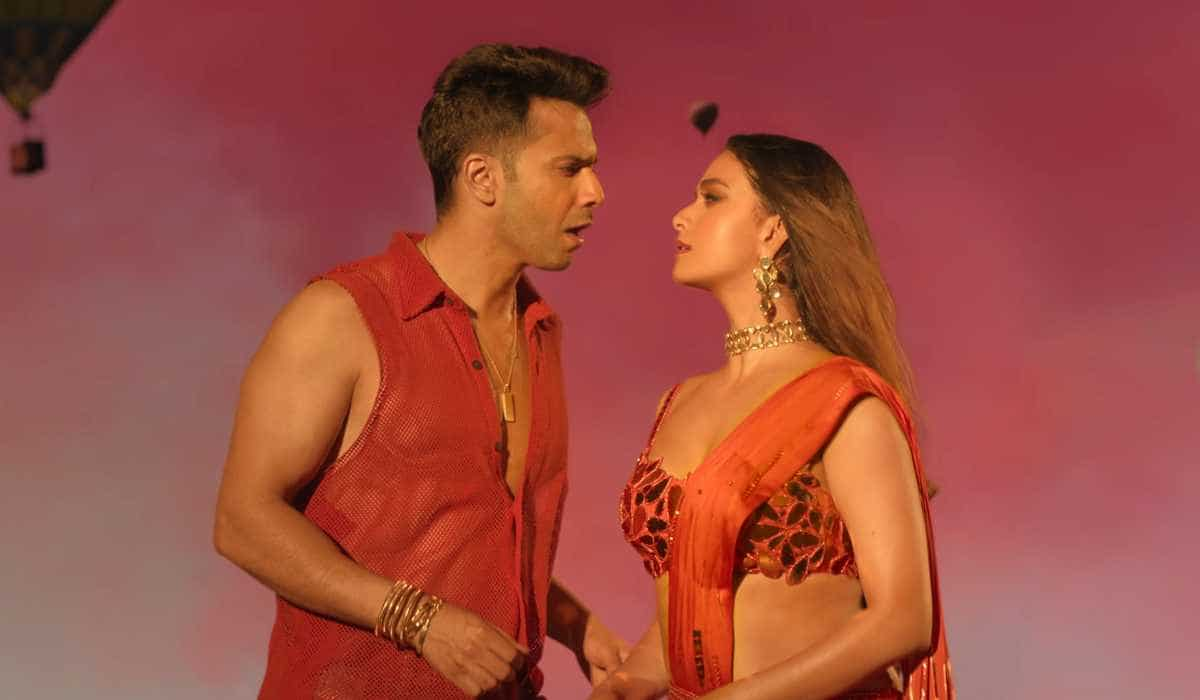
An Indian Woman in Islamabad: Read an exclusive excerpt from Ruchi Ghanashyam’s new book
2 months ago | 49 Views
On 14 May 1999, Lieutenant Saurabh Kalia (Captain posthumously) and five other soldiers9 on a patrol in the Kaksar sector in Ladakh mountains were encircled by a platoon of Pakistani rangers and captured after they ran out of ammunition. They were subjected to torture during the three weeks of captivity as was clear from the mutilated bodies returned by the Pakistan Army to the Indian Army. It was clear that the injuries were inflicted before they were shot. There was an uproar in India at this breach of Geneva Conventions involving torture and killing of prisoners of war. India’s EAM, Jaswant Singh, condemned this, saying such conduct is not simply a breach of established norms, or a violation of international agreements; it is a civilizational crime against all humanity; it is a reversion to barbaric medievalism. He asked his Pakistani counterpart, Sartaj Aziz, to identify and punish the culprits.
Those days, I was the acting deputy chief of Mission; the former incumbent had proceeded on his next assignment and his successor was yet to join. It was during the high commissioner’s visit to Delhi for consultations that I was summoned by the Pakistan Foreign Office, as acting high commissioner.
From a mid-level counsellor in the Mission, I suddenly found myself in the firing line. At the time of joining the High Commission in Islamabad, there were other officers between me and the High Commissioner. My job was somewhat simpler as the Head of Chancery, with additional responsibility for the Information and Culture Wing of the High Commission. Due to changes in personnel and delay in the arrival of the new deputy high commissioner, I was suddenly the acting deputy high commissioner during this crisis period.
Having covered similar meetings earlier, I reminded myself that I had been well groomed. I called High Commissioner G. Parthasarathy in Delhi to get his instructions before going to the Pakistan foreign office. Though I did not expect Pakistan to accept the violation of their obligations under the Geneva Conventions on treatment of captured soldiers, I was nonetheless shocked when the director general (South Asia) brazenly peddled the line that there was no independent international observer at the post-mortem of the Indian soldiers.
Around this time, I called my parents to follow up on their plans to visit us in Islamabad. Like others, my mother was concerned about the evolving situation. When I asked her about their visit to Islamabad, she simply said, ‘Maybe it is better if all of you come to Delhi this year.’ Neither my husband nor I could leave station, but we agreed to send the children to Delhi. There was another family proceeding to Delhi a week later, so we decided to send our children with them to their grandparents.
Even as we faced these brutal developments and their accounts in the local media day in, day out, our personal lives proceeded as before. At times, we were even pleasantly surprised by the kindness extended to us by the average Pakistani. Good experiences could be had at any turn in Islamabad even during war.
In Islamabad, every summer, some Pakistani textile companies would introduce light cotton fabrics for women. The colours and prints would be specially chosen for each summer. These ‘Lawn Suits’ used to be hugely anticipated and were designed for the warm summers in Pakistan. I had bought fabric for my mother and two sisters in Delhi. As we packed the bags for the children, I was in two minds about sending these to Delhi.
A day before the children’s flight to Delhi, I went to my tailor. Out of the blue, he asked me about the suits for my mother, ‘What happened, Baaji (elder sister in Urdu), you were to bring suits for your Ammi (mother)? Summer will get over before you get them tailored!’
I explained to him that my parents were unable to come and that there wasn’t enough time to get them made before the children’s departure the next day. ‘So what Baaji,’ he exclaimed, ‘it’s for your Ammi! Just bring the material and I will get them prepared by tomorrow morning.’ I couldn’t quite believe him and asked, ‘Ten suits?’ He said he would stop all other work and get it done. The next day, I gave him an hour more and reached at 11 a.m. He was ready, ‘I told you the suits would be ready at 10 a.m., and so they were,’ he said. He did not even ask for any extra charges for the urgent work; I had to force him to take something for his workmen who had spent the entire night working. Whatever was happening at the LoC had no impact on his warmth and affection.
A couple of years later, after the terrorist attack on India’s Parliament by Pakistan-based terrorists, our high commissioner’s wife returned to India from Islamabad. She carried a gift for me from Masterji, my tailor in Islamabad. He had bought some fabric and made a salwar suit for me. The next day, I received a trunk call from Islamabad in my office. It was Masterji, who wanted to know if I had liked the suit. He generously told me to let him know if I wanted anything else that he could send for me. I was holding the sensitive position of director (Pakistan) in the Ministry of External Affairs. I wondered what the agencies listening to the conversation on either side made of this peculiar relationship between a tailor and his former client.
For a working woman, the household is never too far; it can beckon any time, be it war or peace! In the middle of my preoccupation with what was happening on the LoC, one afternoon, I got a panicky call from home that there was no water left in our water tank. I drove to the water tanker office for booking a tanker to fill up the empty water tank at home. As I reached the office, there was someone ahead and only one tanker in sight. I was worried that we may not be able to get water for quite some time. Given the heated situation on the LoC, one couldn’t be sure if they would even deliver the tanker to us. I walked somewhat diffidently into the small office for allocating tankers. To my surprise, they seemed to be expecting me and promised to send the tanker right away. I asked about the person who had come in ahead of me, as there was just one tanker left. ‘He said to send the first tanker to you; they’ll wait for the next one,’ the official incharge said casually. Apparently, the other person recognized the number plate of my car as he lived in the same neighbourhood. He had just decided to be a good neighbour. ‘If only this sentiment could enlighten decision-makers,’ I thought to myself!
Given the deteriorating situation, Khan Saheb, our landlord, was getting worried about our safety. He drove over from Peshawar one evening. We sat in the garden as I was down with a virus. He was a patriotic Pakistani citizen, with his first son in the army, but was concerned for us due to the situation along the LoC. He inquired if we needed anything.
‘We are fine, Khan Saheb,’ I assured him. He then made an astounding suggestion: To ensure our safety, he wanted to post some of his gunmen at our gate to keep ill-intentioned people away. I wondered about the reaction of the Pakistani establishment to one of their citizen’s efforts to secure diplomats from the ‘enemy country’. It took joint effort, with my husband, to dissuade him from undertaking what would have surely brought trouble to his door.





















